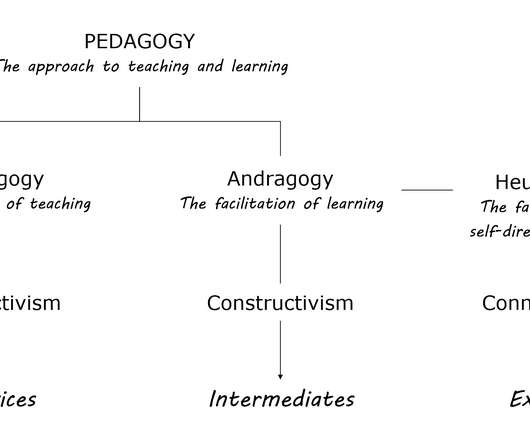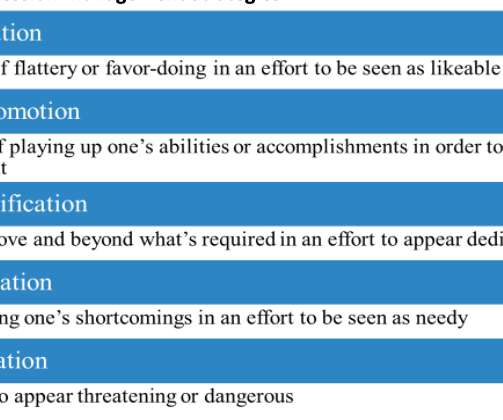Great and small
E-Learning Provocateur
APRIL 5, 2021
One pertinent example for L&D practitioners is pedagogy (formerly paedagogie ) which derives from the Hellenic words paidos for “child” and agogos for “leader” This etymology underscores our use of the word when we mean the teaching of children. And yet our language is nuanced.




































Let's personalize your content